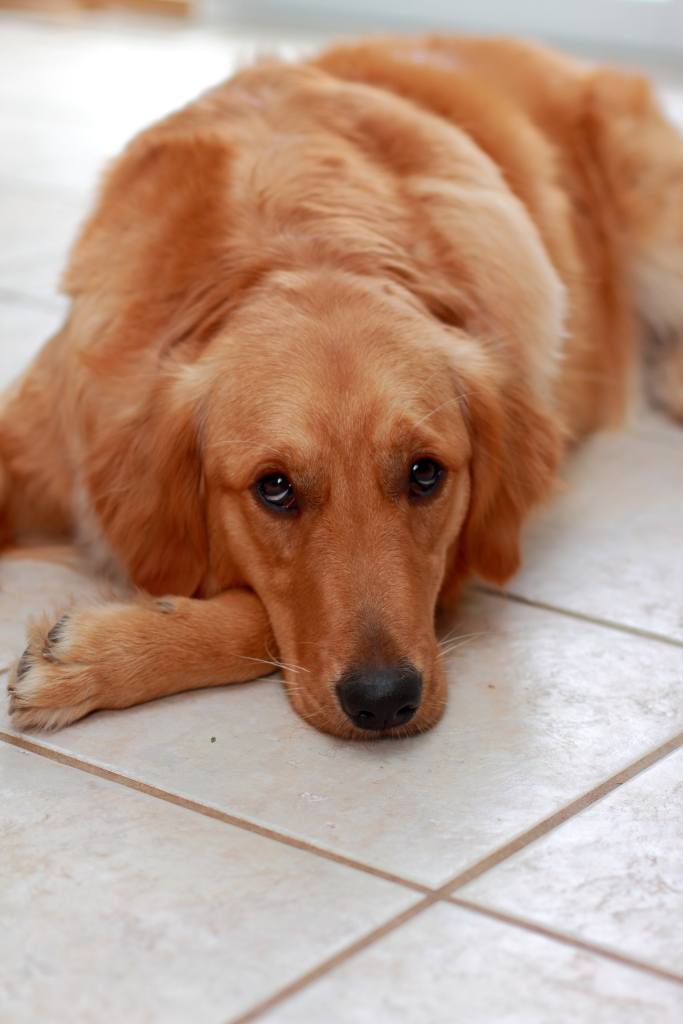As the Coronavirus continues to sweep through our nation we have been taking precautions as human beings to keep healthy the best ways possible. As we have been taking care of each other and ourselves a question came to my mind: Could the Coronavirus affect our pets? Not to add to the list of worries that we all currently have, but there have been cases among zoo animals and house pets that have tested positive for having COVID-19. After these original cases were announced, the Centers for Disease Control and Prevention made confirmation about several house cats contracting the illness. Not only were many cats infected, but a dog in North Carolina also tested positive for the virus. Because of the reports the CDC had to update it’s guidance regarding our beloved pets and the Coronavirus.
 “A cute Dog 2” by Chen Vision is licensed under CC BY-NC 2.0
“A cute Dog 2” by Chen Vision is licensed under CC BY-NC 2.0
How do we protect our pets? According to the CDC it is best for us to treat our pets as we would protect any other human family member. It is highly recommended that our pets use the same social distancing rules that we as humans have learned to adapt to. Obviously it is a bit tricky to convey this message to our pets, so it is our duty to keep our cats indoors and our dogs kept on a leash and held 6 feet apart from other people and animals. It is also a good idea to avoid dog parks or other public places that congregate large numbers of people or dogs. Even though there are still animals who are contracting the virus, the information about this is evolving rapidly and will continue to be updated when new information becomes available.
This situation of protecting our pets against the Coronavirus only becomes trickier when us, the pet owners, contract COVID-19. There are many plans and ideas to keep our pets safe if we contract the virus. One of the ideas is for us to avoid contact with our pets and have someone else take care of them. This means avoiding any petting, snuggling, being kissed or licked, and sharing food or bedding with our pet. If it is not possible to avoid the specificities to keep our pet safe, the CDC recommends to wash our hands during and after handling our pet’s food, waste, or supplies, practicing good hygiene by cleaning up after our pets properly, and talking to our pet’s veterinarian if there are any questions that arise. All these precautions help reduce the chance of any transmission from us to our pets if we are sick. We all have gotten used to washing our hands frequently, wearing face masks, and keeping our social distancing at practice. Yet, to continue to keep our pets healthy we need to adopt these new precautions into our daily lives.
 “If cats could talk, they wouldn’t.” by Travel & Photo is licensed under CC BY-NC 2.0
“If cats could talk, they wouldn’t.” by Travel & Photo is licensed under CC BY-NC 2.0
On a positive note, the pandemic which had Americans staying home in March and April caused an increased in pet adoptions and fostering! Many shelters around the country were able to provide the furry buddies a first time home to share with a new companion. The only downside to this situation is that the animals did become more vulnerable to the Coronavirus because us Americans have become attached to our new pets during the quarantine. As of now there are researchers working everyday to learn more about and treat the virus in humans, but hopefully scientists can create a treatment and vaccine that can eventually help our pets so they keep their tails wagging happily!